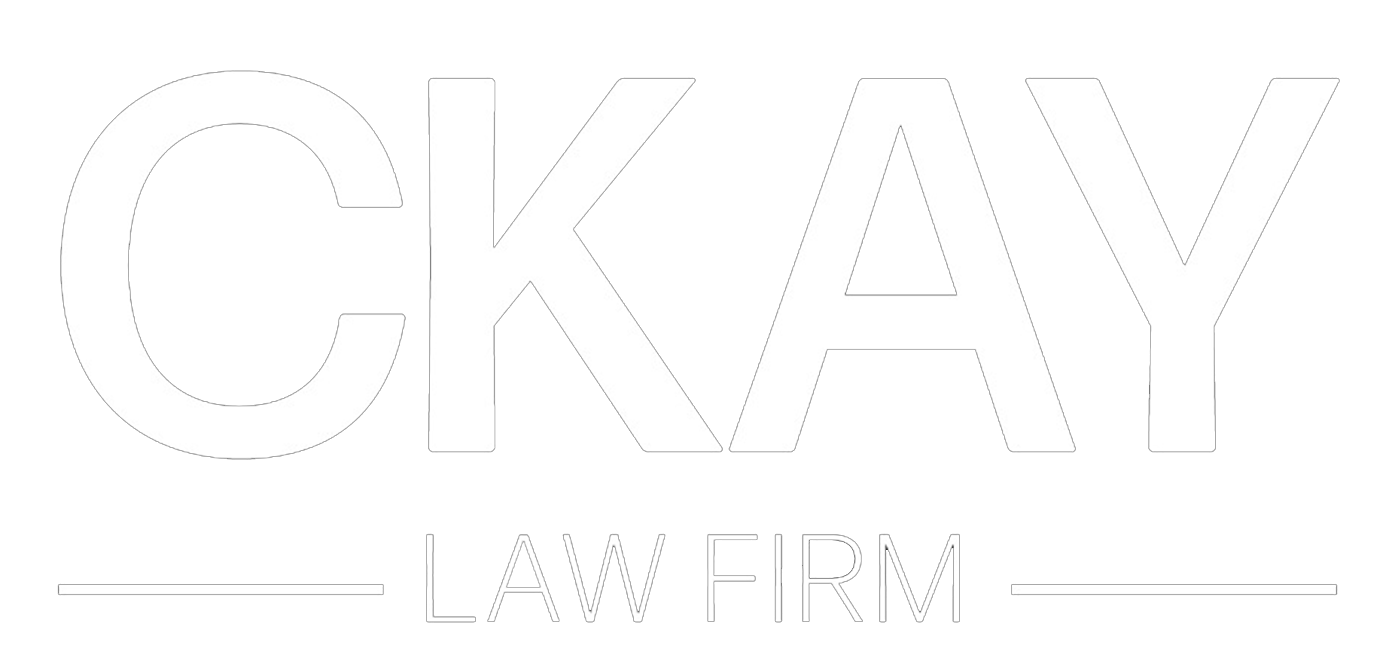
Learn about property rights in Turkey, title deed transaction security, and the legal safeguards in place to protect ownership.
Property Rights and Ownership in Turkey
In Turkey, property rights are essential, granting individuals the freedom to use, benefit from, and dispose of assets they own. Article 35 of the Turkish Constitution enshrines these rights, ensuring that every citizen can own property and pass it on to future generations. This constitutional guarantee forms the basis of Turkey’s property ownership framework. Restrictions on property rights may be imposed by law, but only in cases where the public interest is paramount. Such limitations, however, are carefully balanced, recognizing individual rights while safeguarding societal welfare. The property right thus forms a cornerstone of Turkish Law, establishing a fair balance between personal ownership and collective needs.
Also Read: Acquisition of Real Estate in Turkey and The Citizenship Process Through Real Estate Acquisition.
Constitutional and Legal Safeguards For Property Rights
Turkey’s legal structure emphasizes the protection of property rights, both at the constitutional and statutory levels. Article 35 not only grants ownership rights but also limits restrictions to lawful and publicly beneficial scenarios. When a violation of property rights occurs, the state is responsible for enacting protective measures, reinforcing the constitutional commitment to individual freedoms.
The Turkish Civil Code (TCC) further strengthens these safeguards, ensuring that individuals who acquire property based on the land registry record are protected if they act in good faith. This legal assurance, backed by the Turkish Civil Code, allows property owners to assert their rights and seek redress in cases of infringement. Victims of property violations have several options, including filing lawsuits for title deed cancellations, securing compensations, and, when appropriate, submitting individual applications to the Constitutional Court. Furthermore, Turkish citizens have access to the European Court of Human Rights, which provides additional legal support in property rights cases at the international level.
Title Deed Transactions and State Guarantees
In Turkey, title deed transactions are recorded within a public system known as the land registry. Governed by the General Directorate of Land Registry, this system certifies property ownership, protects rights in rem (real rights) over immovable assets, and provides a state-backed guarantee for all recorded entries. Under Turkish Law, immovable property ownership and related rights can only be legally established through registration in the land registry. This trusted legal framework prevents disputes, secures ownership, and ensures that property rights are properly documented.
Each title deed transaction — from property transfers to mortgage creation — becomes official upon registration in the land registry. As a result, property-related disputes are minimized, legal concerns are addressed, and ownership remains secure. This robust registration framework not only bolsters individual property rights but also provides a legal foundation that supports the nation’s economic stability.
Fundamental Principles of The Turkish Land Registry
The Turkish land registry operates on well-defined principles that ensure the protection and accessibility of property rights. These guiding principles form the foundation of land registry operations and safeguard individual ownership interests. Here are the core principles:
Registration Principle
Rights in rem (real rights) on immovable property are only recognized when they are registered. A right in rem must go through the official registration process in the land registry, ensuring it is recorded and, if necessary, canceled through an official procedure. Unregistered rights in rem lack legal recognition, ensuring that property rights remain transparent and enforceable.
Principle of Causality
Title deed transactions must be supported by a valid legal basis. Without a justifiable reason, transactions are rendered invalid, reducing the risk of legal issues arising from unfounded claims. This principle provides a critical safeguard, ensuring that all registry actions are rooted in legitimate cause.
Openness Principle
The land registry is open to all interested parties. Any person who has a legal interest in a property can view the corresponding records and, if needed, obtain copies. This openness ensures transparency, providing all parties with a clear view of ownership status. In line with this principle, individuals cannot claim ignorance of information available within the registry.
State Responsibility Principle
The Turkish Civil Code enforces the state’s accountability in maintaining accurate and reliable land records. Should an error or omission in the land registry lead to financial or personal losses, affected individuals have the right to pursue compensation from the state. Even if registry officials bear no direct fault, the state remains liable, reinforcing confidence in land registry reliability. In instances where a registry official is proven to be negligent, the state has the right to seek reimbursement from the responsible official.
Request Principle
With some exceptions, title deed transactions require a written request from the interested party. This rule prevents unauthorized changes to the registry, ensuring that all entries are intentional and legally requested by property owners or authorized agents. Land registry officers, except in cases outlined by law, must refrain from performing transactions without this formal request.
Trust Principle
The Turkish land registry operates on a presumption of trust. Records within the registry are deemed accurate unless proven otherwise. As an official record maintained by the Directorate of Land Registry, the system provides a legally sound basis for property rights, granting property owners a secure foundation for ownership claims.
Identity Principle
Each piece of immovable property is allocated a distinct registry page, which lists the specific rights associated with it. This structured approach enables clear identification and categorization of real estate assets, ensuring that ownership rights are meticulously recorded for each unique property.
Legal Remedies For Property Rights Violations
In Turkey, multiple legal pathways exist to address property rights violations. The primary avenue for resolving property disputes is the Turkish judiciary, where affected individuals can file claims to cancel or amend erroneous records and, where applicable, seek financial compensation for damages. Additionally, the Constitutional Court provides a recourse mechanism for Turkish citizens, examining cases of constitutional violations, including those related to property rights. For cases requiring broader jurisdiction, the European Court of Human Rights remains an accessible and effective international venue for asserting property rights.
The Land Registry’s Role in Social and Economic Stability
Turkey’s property rights framework offers more than personal security; it also bolsters national economic stability. By establishing a clear, enforceable structure for property ownership, the Turkish land registry system contributes to a predictable legal environment that encourages domestic and international investments. Confidence in property rights translates to increased economic activity, while the land registry’s reliability reassures individuals and businesses alike. This dual impact — individual security and economic confidence — demonstrates the broad societal value of Turkey’s land registry and property rights protections.
Conclusion: Ensuring Security and Transparency in Property Rights
In summary, Turkey’s property rights framework, supported by the Constitution and fortified by the Turkish Civil Code, establishes a robust protection system for property owners. Through a transparent, accountable, and state-backed land registry, Turkish Law guarantees individual ownership, prevents unwarranted infringements, and ensures reliable record-keeping. This legal infrastructure not only shields property owners from risks but also provides accessible remedies for resolving property-related disputes. Additionally, international protections, such as the European Convention on Human Rights, further enhance these safeguards.
The Turkish land registry, governed by principles like transparency, accountability, and state responsibility, serves as a foundational institution for property rights. Through these measures, property ownership in Turkey is secured, empowering citizens and businesses alike to invest confidently and rely on a fair, trustworthy legal system. The Turkish state’s commitment to maintaining an accurate land registry further strengthens individual property rights, offering a solid framework that supports social and economic stability.


